6 Mindset Hacks for Quitting Drinking
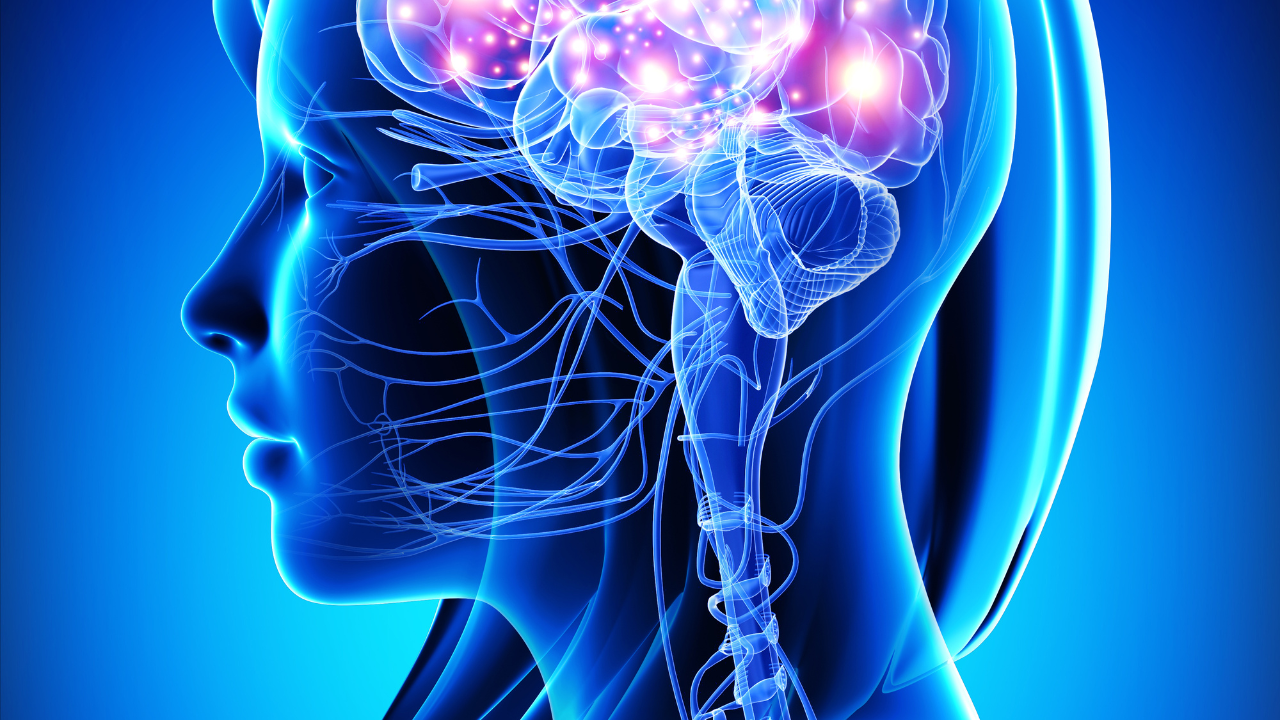
If you are thinking of quitting drinking, your chances of success are much higher if you mentally prepare. For me, an internal shift in my thinking had to occur regarding my relationship with alcohol. For one, quitting drinking is not the death sentence I thought it would be. And number two, there is life after alcohol.
1. Making the decision
If you are waiting for the right time to quit drinking, there will likely never be the right time. For me, it was always on Monday. Or after that birthday party. Or New Year’s Day. Making the decision to quit drinking is the most monumental thing a person can do when they have a problem with alcohol. If alcohol is a big part of your life, deciding to try on sobriety is a huge decision to make, and the only person who can make this decision is you. Sure, there may be people pressuring you to quit—your partner or boss, for example. But the true decision needs to come within you, from a deep place and desire to want a different life.
2. Examining why you drink
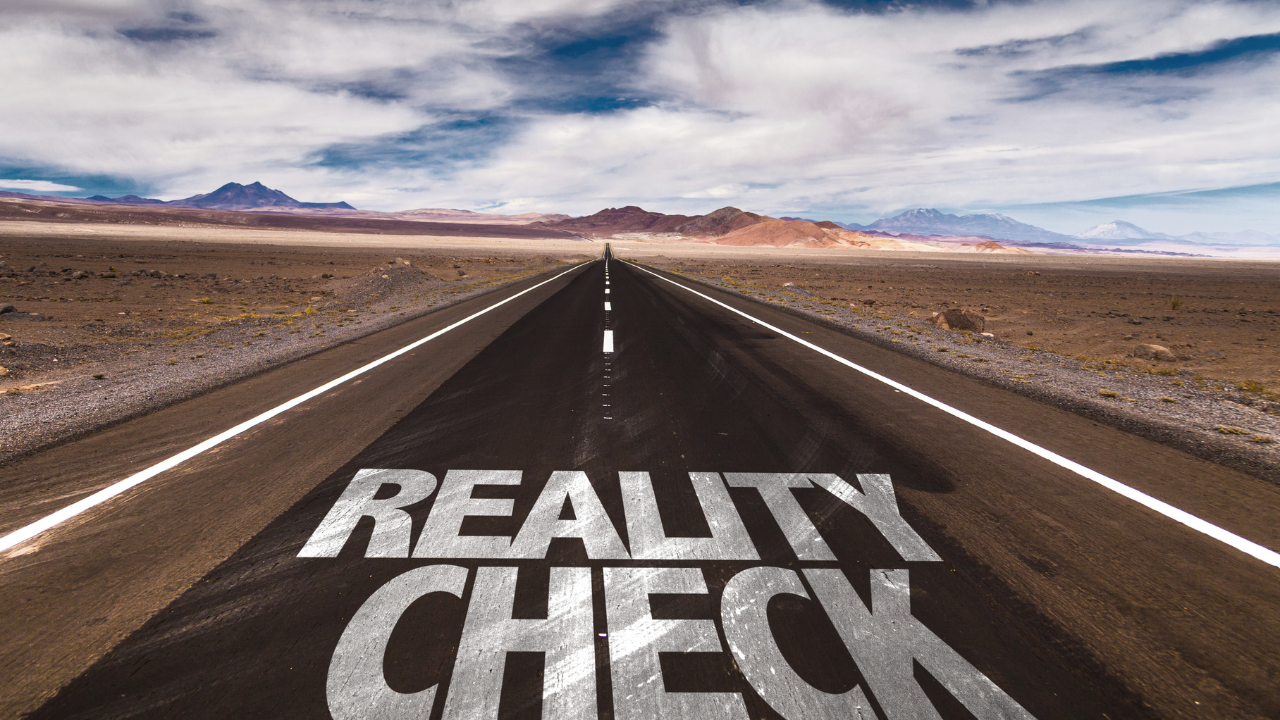 I never drank because a glass of red wine went great with a steak. I drank because I loved how alcohol made me feel. Alcohol was my go-to for everything. It took the edge off a bad day. It helped me feel like I fit in. It helped me be talkative and social. It numbed feelings of sadness and loneliness. It cured boredom. It helped me sleep. It gave me energy. I could go on and on. The problem, however, is the quick fix of a drink doesn't actually fix anything. It masks problems and gives the counterfeit feeling that everything is all right in the world. When a person quits drinking, their relationship with alcohol begins to change as they explore their relationship with alcohol through the eyes of a sober person.
I never drank because a glass of red wine went great with a steak. I drank because I loved how alcohol made me feel. Alcohol was my go-to for everything. It took the edge off a bad day. It helped me feel like I fit in. It helped me be talkative and social. It numbed feelings of sadness and loneliness. It cured boredom. It helped me sleep. It gave me energy. I could go on and on. The problem, however, is the quick fix of a drink doesn't actually fix anything. It masks problems and gives the counterfeit feeling that everything is all right in the world. When a person quits drinking, their relationship with alcohol begins to change as they explore their relationship with alcohol through the eyes of a sober person.
3. Dealing with fear
 As someone begins the journey towards recovery from alcoholism, they are usually filled with fear. I know I was. Leaving behind the one thing that made the hole in my chest not ache so much was terrifying. At this point, you must take a leap of faith that there is something better for you on the other side of alcohol. You don't know what that "something" looks like, but I can guarantee it is infinitely better than the drinking lifestyle you leave behind.
As someone begins the journey towards recovery from alcoholism, they are usually filled with fear. I know I was. Leaving behind the one thing that made the hole in my chest not ache so much was terrifying. At this point, you must take a leap of faith that there is something better for you on the other side of alcohol. You don't know what that "something" looks like, but I can guarantee it is infinitely better than the drinking lifestyle you leave behind.
4. Being prepared for the first 30 days
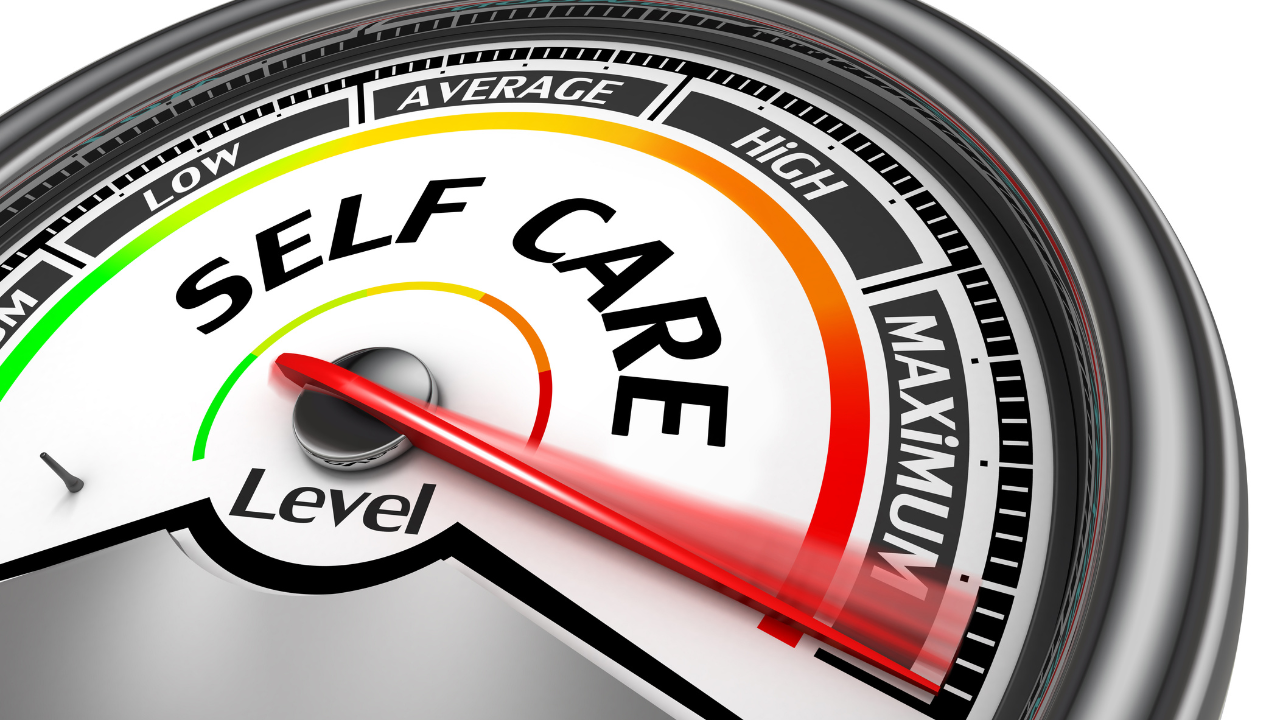 The first 30 days are going to be the hardest. When you first quit drinking, your brain and every cell in your body may be screaming for a drink. This is a hurdle to jump, but you can do it. Apart from taking care of your other physical needs, such as getting plenty of sleep, drinking lots of water, and pumping nutrition into your body, you will need to challenge the thoughts that come into your mind from years of conditioning. But with each day that passes and each drink you refuse, you become stronger and more empowered.
The first 30 days are going to be the hardest. When you first quit drinking, your brain and every cell in your body may be screaming for a drink. This is a hurdle to jump, but you can do it. Apart from taking care of your other physical needs, such as getting plenty of sleep, drinking lots of water, and pumping nutrition into your body, you will need to challenge the thoughts that come into your mind from years of conditioning. But with each day that passes and each drink you refuse, you become stronger and more empowered.
5. Quitting one drink at a time
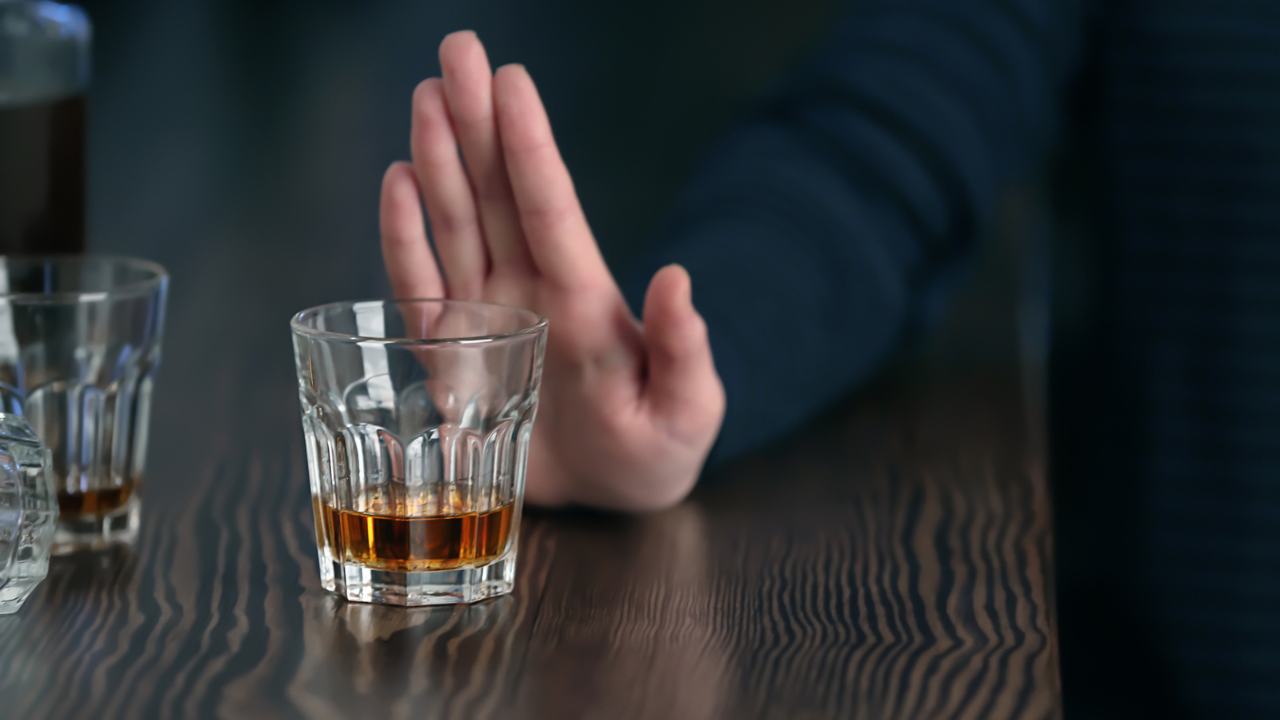 The thought of quitting drinking forever, especially in the beginning, may be too much for you. I know it was for me. Quit by saying no to the next first drink. Your entire sober existence relies on you not taking that next first drink. It is the first drink that sets off the drinking craving and ensuing consequences. The more time and distance you put between yourself and your last drink, the easier it becomes. And then, you will not believe how quickly the sober days begin to stack up!
The thought of quitting drinking forever, especially in the beginning, may be too much for you. I know it was for me. Quit by saying no to the next first drink. Your entire sober existence relies on you not taking that next first drink. It is the first drink that sets off the drinking craving and ensuing consequences. The more time and distance you put between yourself and your last drink, the easier it becomes. And then, you will not believe how quickly the sober days begin to stack up!
6. Being patient
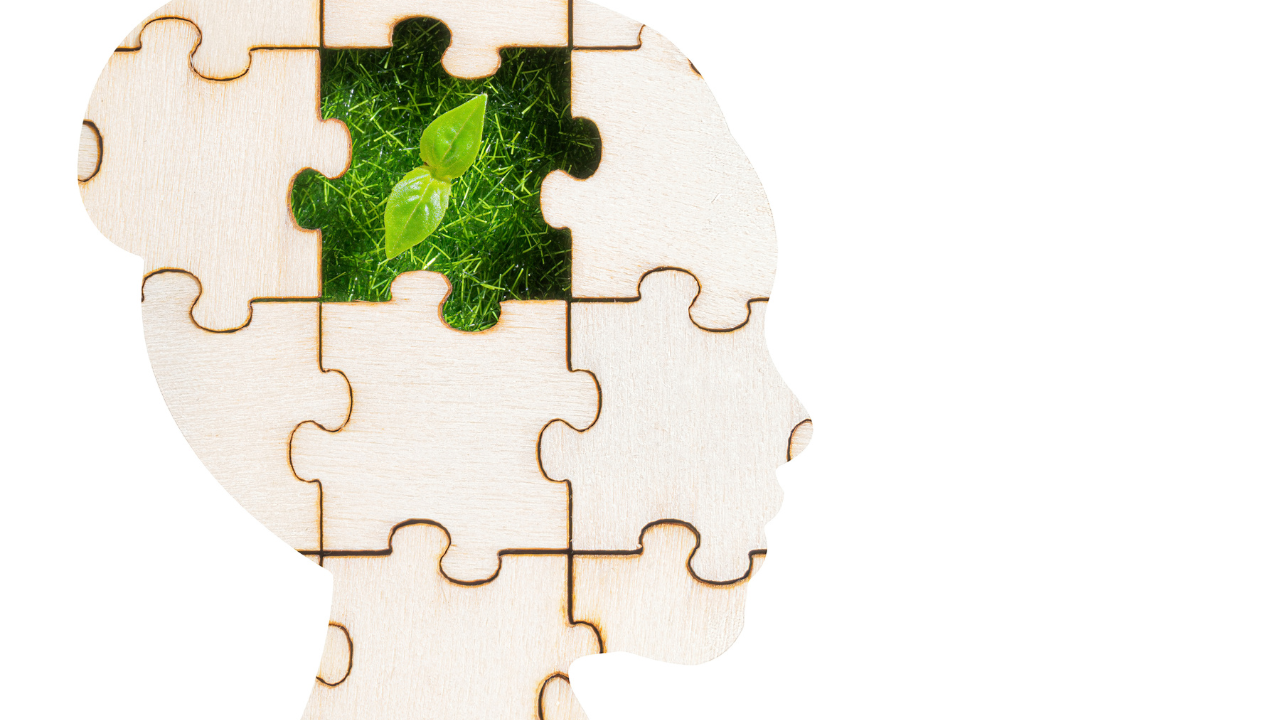 When we turn to alcohol and our brains get a hit of that dopamine, it is difficult to imagine experiencing joy or a happy life without alcohol. This causes things like the compulsion and craving to drink. If you are conditioned to be thinking about drinking over and over, when you first quit drinking, it takes time for your brain to readjust to where you find pleasure from everyday joys. Being patient is not a strong suit for someone who relies on alcohol and the instant fix. But be reassured the moment you quit drinking; your brain begins to stabilize and heal, and life will begin to take on new meaning. Your job is to allow it to happen!
When we turn to alcohol and our brains get a hit of that dopamine, it is difficult to imagine experiencing joy or a happy life without alcohol. This causes things like the compulsion and craving to drink. If you are conditioned to be thinking about drinking over and over, when you first quit drinking, it takes time for your brain to readjust to where you find pleasure from everyday joys. Being patient is not a strong suit for someone who relies on alcohol and the instant fix. But be reassured the moment you quit drinking; your brain begins to stabilize and heal, and life will begin to take on new meaning. Your job is to allow it to happen!
If you want to quit drinking and stay quit, watch for the upcoming launch of my GendHer®️ program for women. Coming in MARCH 2023!
Next GendHer Intake
Keep me updated


